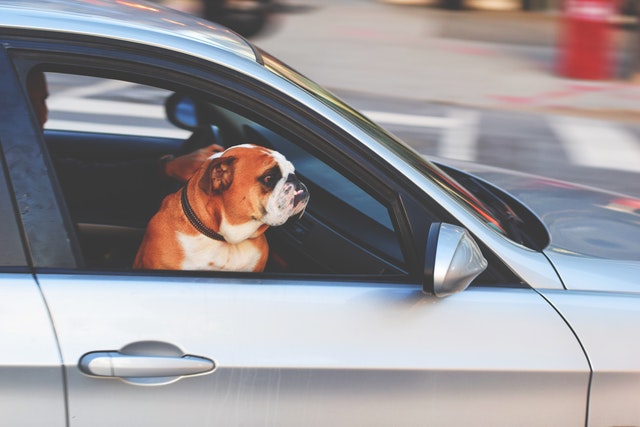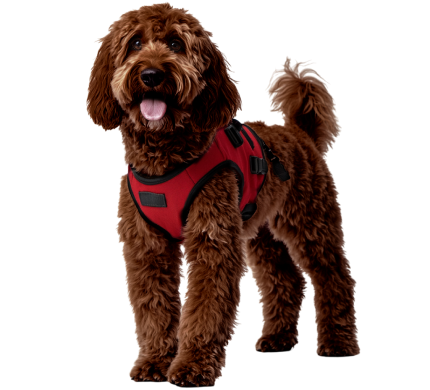All Our Articles on Public Access

Uber’s Service Animal Policy
Uber is working to make catching a ride easier, safer, and always a five-star experience. They connect the rider with affordable transportation anytime, anywhere, all... Read more
Learn about where you can take your service dog and how to do it. Get practical tips on handling inquiries from staff and others in public venues.

From a health and hygiene perspective, and guided by local health codes, many grocery stores may discourage or prohibit animals from being placed inside shopping... Read more
A disability doesn't end at the doors of a school. For the most part, a school may be where a child or young adult learns... Read more
Your service dog can go with you almost anywhere, and this includes the open seas! Bringing your service dog on a cruise ship allows you... Read more
In 1990 The Americans with Disabilities Act (ADA) became a law to protect the rights of disabled individuals from facing discrimination. Before The Americans With... Read more
Under the Americans with Disabilities Act (ADA), service dogs must be allowed to accompany their handlers anywhere the general public is allowed to go, including... Read more
Copyright US Service Dog Certifications 2025. All rights reserved.
Service Dog Certifications is not affiliated with any government agency and its products and services do not confer any legal rights on any person, nor represent or certify that any person has a disability.
Copyright US Service Dog Certifications 2025. All rights reserved.
Service Dog Certifications is not affiliated with any government agency and its products and services do not confer any legal rights on any person, nor represent or certify that any person has a disability.